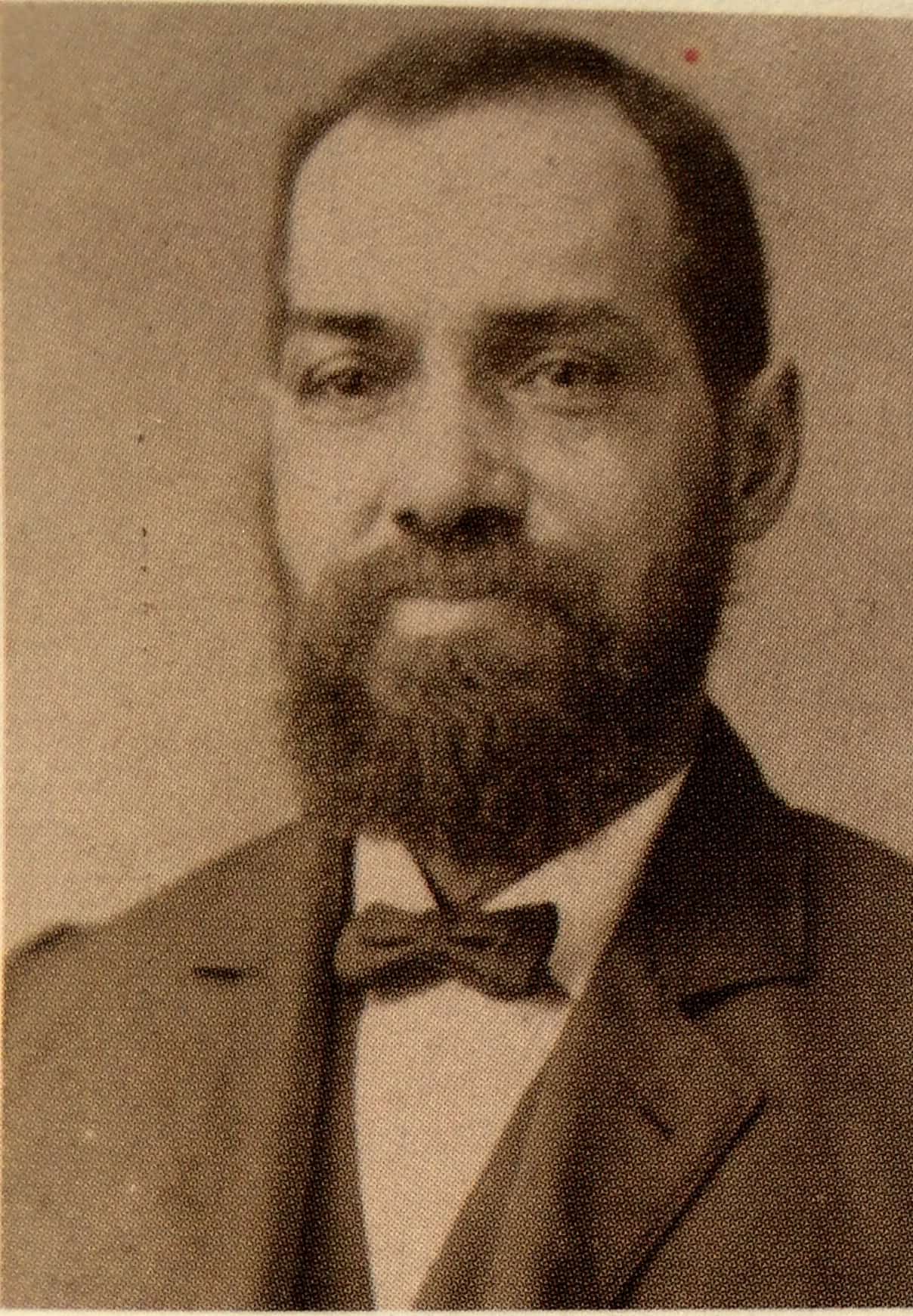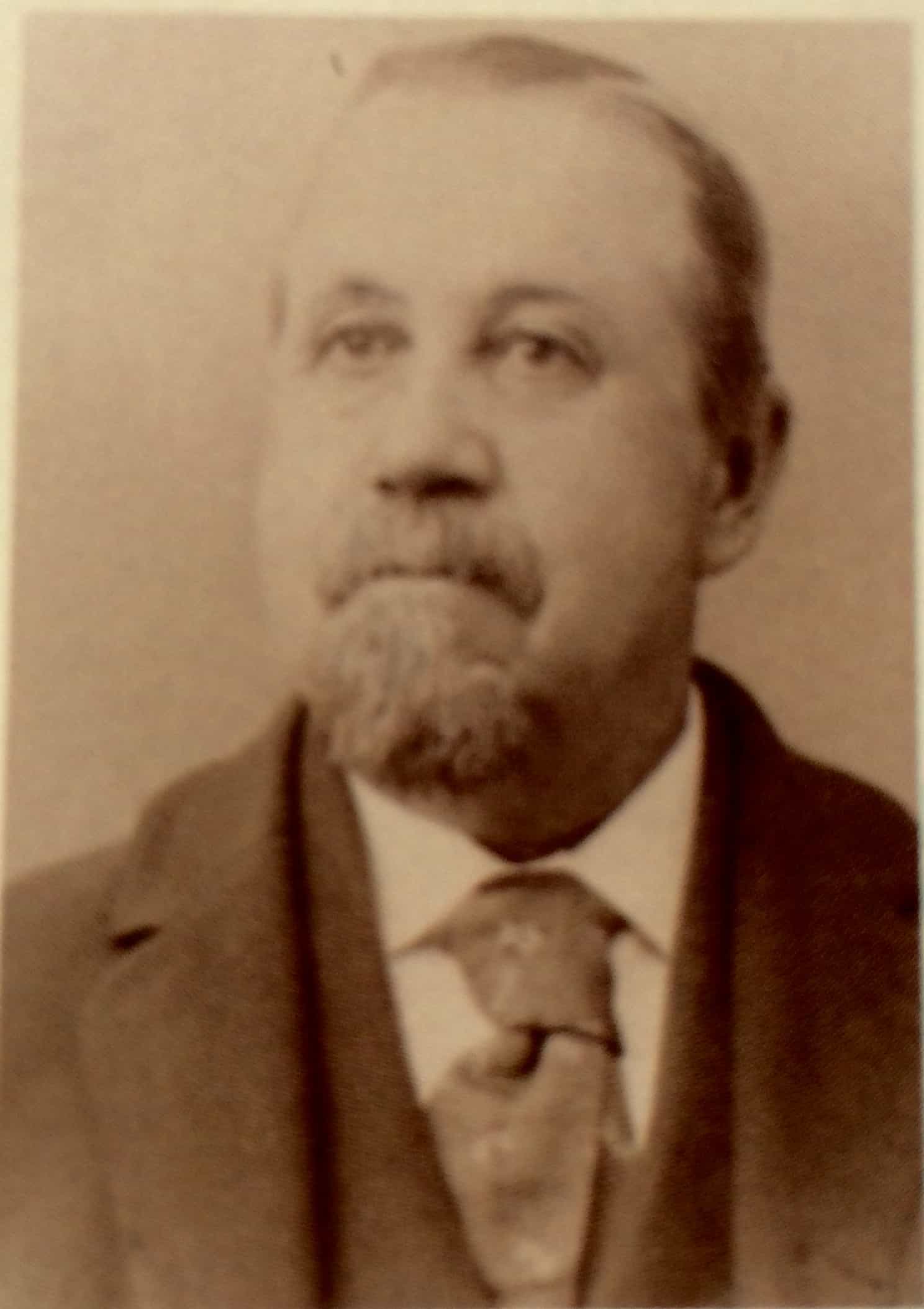

“Once I became so impatient seeing the free country in view and I still in the slave country . . .” – Wallace Turnage (p.253)
Wallace Turnage may not be a household name in the history books, but he has schooled me. David Blight, a historian who verified two slave narratives in his book, A Slave No More, describes Wallace Turnage’s and John Washington’s individual journeys from slavery to freedom. Despite the brief length of each report, Blight weaves what is known of their story with the surrounding history of the time.
“Once I became so impatient seeing the free country in view and I still in the slave country.” Turnage’s words struck me. Having traveled to almost all of the states as a white woman in the 21st century, the thought of seeing certain land as prohibited had never occurred to me. I have never looked out across a field and known it as forbidden.
Despite their slave-defined boundaries of that day, these men describe their tenuous and tenacious escapes. Strikingly, both Mr. Turnage and Mr. Washington recall a personal faith experience in their journals. Washington writes of his conversion to Christianity:
“It was during this revival that I was Sincerely trubbled about the Salvation of my Soul. and about the 25th of May I was converted and found the Saviour precious to my soul, and heavenly joyes manefested, and began to be felt at the time, are still like burning coals; fanned by the breeze, (after a lapse of nearly 17 years) and Is to this day the most precicous assurance of my life, God grant the more faith and a better understanding, for these things let rocks and hills their lasting silance breake; And all harmonous human Tongues their Saviours praises Speak. I was Baptized in the Rappahannock River at Fredericksburg, Va. by Rev. Wm F. Broaddus June 13th 1856. And many happy moments have I spent with the Church in its joys and sorrows. at that place. I was permitted to attend divine service on Sundays but at nights I was not allowed to go out but little—During my close imprisonment (I do not know what else to call it) The “Word of God,” was to me a source of unfailing pleasure. I became a close reader of the Bibl And Wrote many comments on different chapters which has since been lost.” (p. 183, presented as originally written)
William Turnage shares:
“My Dear reader, I have finished my book of adventures and struggles for freedom hoping you have approved of it. Don’t take it for a novel, nor a fable, but a reality of facts. Oh that I may when done with this toilsome world, Even with three times the difficulties and persecutions that I met with in obtaining my temporal freedom, by God’s assistance reach that Blistful abode, and triumph over the enemies of my soul at last. That will be a day of joy to me, which no tongue can express, for I will then be free indeed. Moreover my book is to show the goodness of God to me for his son’s sake. when I prayed to him for my soul’s freedom, he for Christ’s sake freed my soul from the gall of bitterness and the bond of iniquity and he will not deliver me only but every one that believeth on him, and every one that trusteth in him.” (p. 258, presented as originally written, emphases added)
Before they were set free, they were set free.
I was stunned in particular by the phrase “slave country” as I mentioned. Some of us in the U.S. have not fathomed the experience of being bounded by race or class. All of us encounter social boundaries (think mean girls in the junior high cafeteria or being unable to walk into the president’s office at will), yet our bodies and psyches have never suffered what slaves have endured. A danger persists, however, in then assuming that we are free. Life—for those in positions of power or members of a majority group—lulls us into believing we are not constrained. Without minimizing the excruciating and indescribable nightmares of physical slavery ever, these men’s stories of slavery and spiritual discovery echo this truth: most of us are also enslaved. By what? I look out across this precious land, and I see enslavement by fear, addiction, bitterness, money, poverty, power. In a metaphysical sense, are some of us still in slave country?
William Turnage and John M. Washington, seemingly obscure slaves from the antebellum South, have much to teach us.



